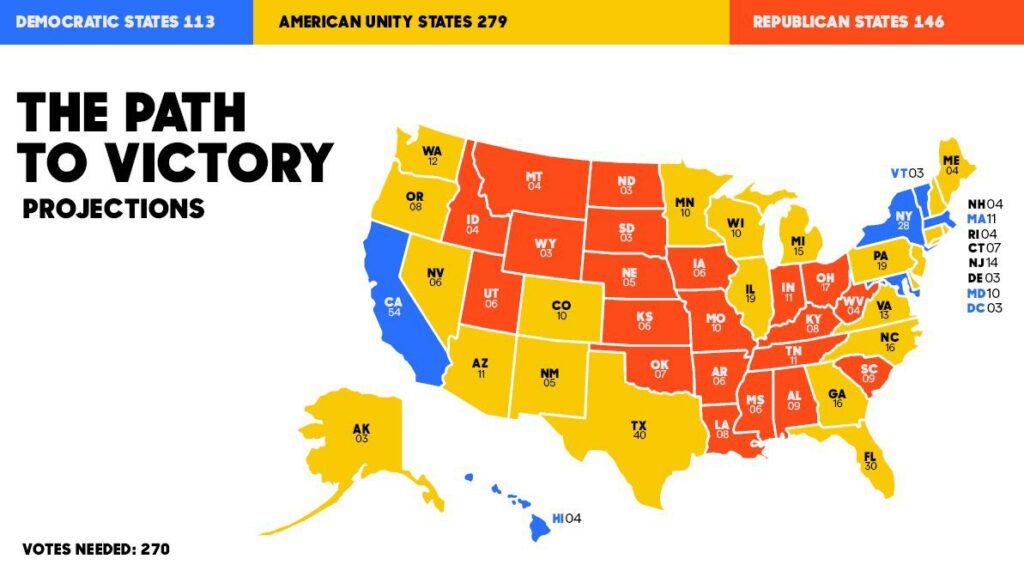Published at 09:46 on 25 March 2023
You can find a lot of pundits arguing that DeSantis is even more dangerous than Trump, such as this one, this one, and this one. While it is clear that DeSantis has authoritarian, fascistic tendencies, and is more intellectually mature, and thus better able to strategize, than Trump, in one important aspect he falls far short of Trump. It is my contention that this aspect is a limiting factor that makes DeSantis less of a threat.
That aspect is capitalism. Specifically, the authoritarianism of capitalism, the contradiction between that authoritarian and the value of liberty professed by post-Enlightenment liberalism, Trump’s possession of capitalist status, and DeSantis’ lack of it.
Any capitalist democracy is in fact a weird amalgamation of public democracy and private fascism. The latter is not just socialist hyperbole; the model for the authoritarian fascist state was in fact the capitalist corporation. Mussolini called his system the corporate state for a reason.
But this presents a contradiction: could not workers use the democracy and openness of liberal society to advocate for post-capitalist economic systems that dispense with the arbitrary authority of the capitalist boss? And in fact this is not merely theoretical: every capitalist democracy, with the notable exception of the USA, has had a strong social democratic/democratic socialist party, that got where it is precisely by arguing based on this contradiction.
The solution is to indoctrinate people, starting in early childhood, as to the virtuousness and indispensability of the capitalist boss, whose authority must be held to be an unquestionable good. Instead of being a threat to liberty, it is held to be an expression of liberty; the capitalist must have the liberty to use his wealth to manipulate as many other individuals as possible.
Only the capitalist gets this special treatment. When a politician tries to coerce others, it is generally considered (and rightly so) to be oppression, not liberty.
It is into this value system that Donald Trump stepped. He actually wasn’t all that big a capitalist or that great at the capitalist game, but his media image was that he was; one can say that in politics, appearance Trumps substance. Perhaps even more critically, his media image is a celebration of the authority of the capitalist. Just ask yourself what the most famous two-word phrase from his role as the star of The Apprentice was if you have any doubts about my assertion.
By contrast, Ron DeSantis is an individual who has not spent so much as a single day of his adult life as the owner or manager of a business. He hasn’t even held a private sector job! He went from law school to a career in the military to a career as a politician. It might have been possible for him to avoid this problem if he had an acting career as a capitalist somewhere on his résumé, but alas for him he does not.
So when DeSantis acts authoritarian, or proposes doing so on the campaign trail, he is just a politician promising authoritarianism competing against a businessman promising same. He’s going to lose that contest.
Trump, by contrast, just might win it all again. He did once already, after all. Therefore Trump, and not DeSantis, is the more dangerous one.

